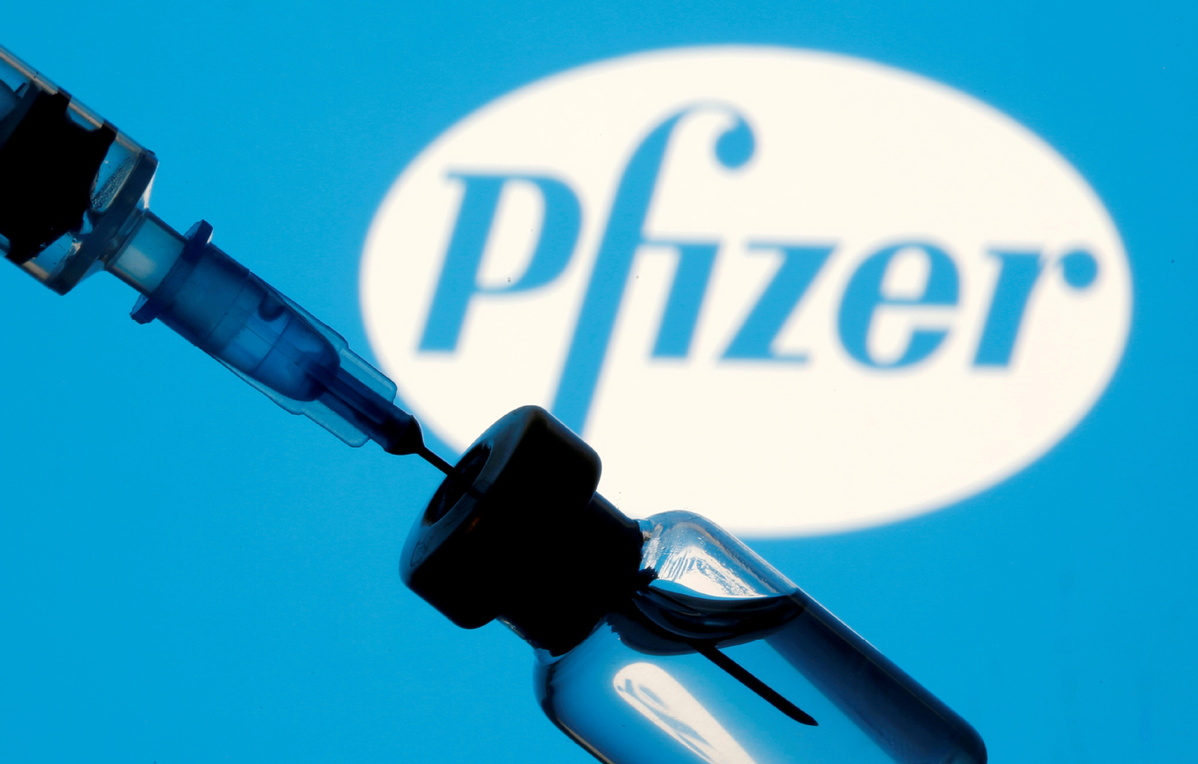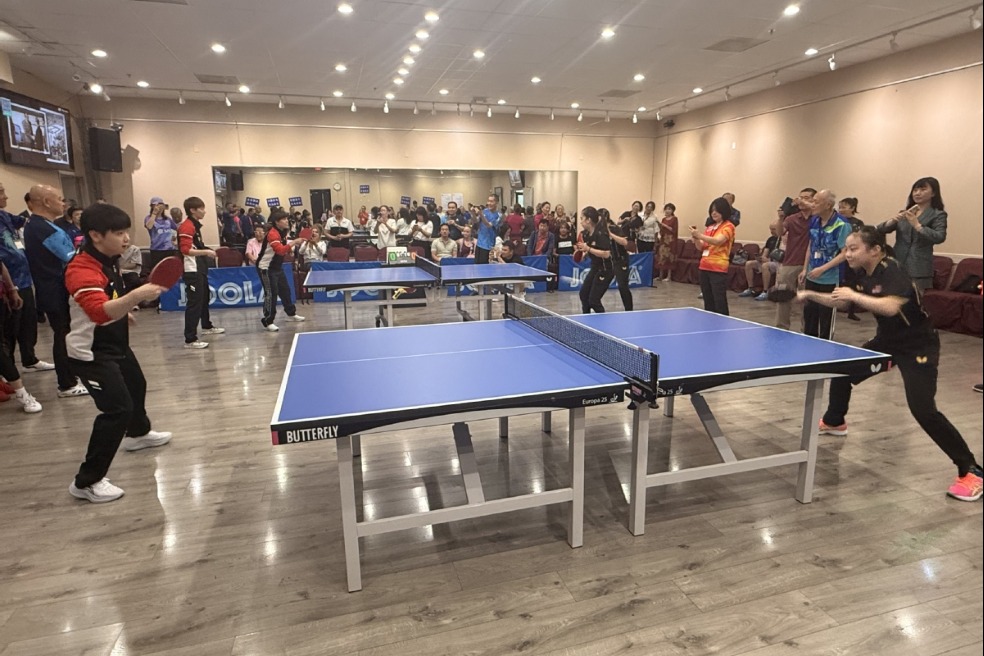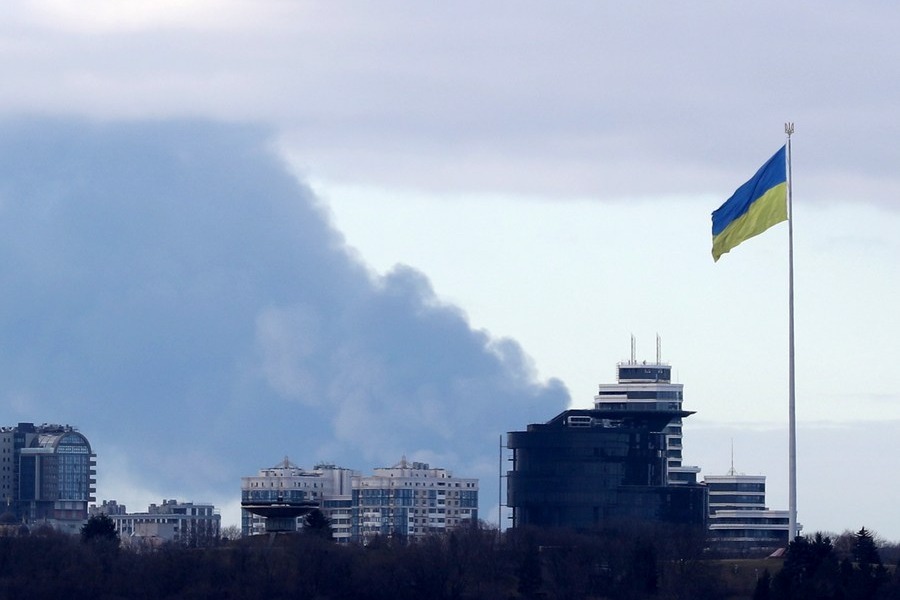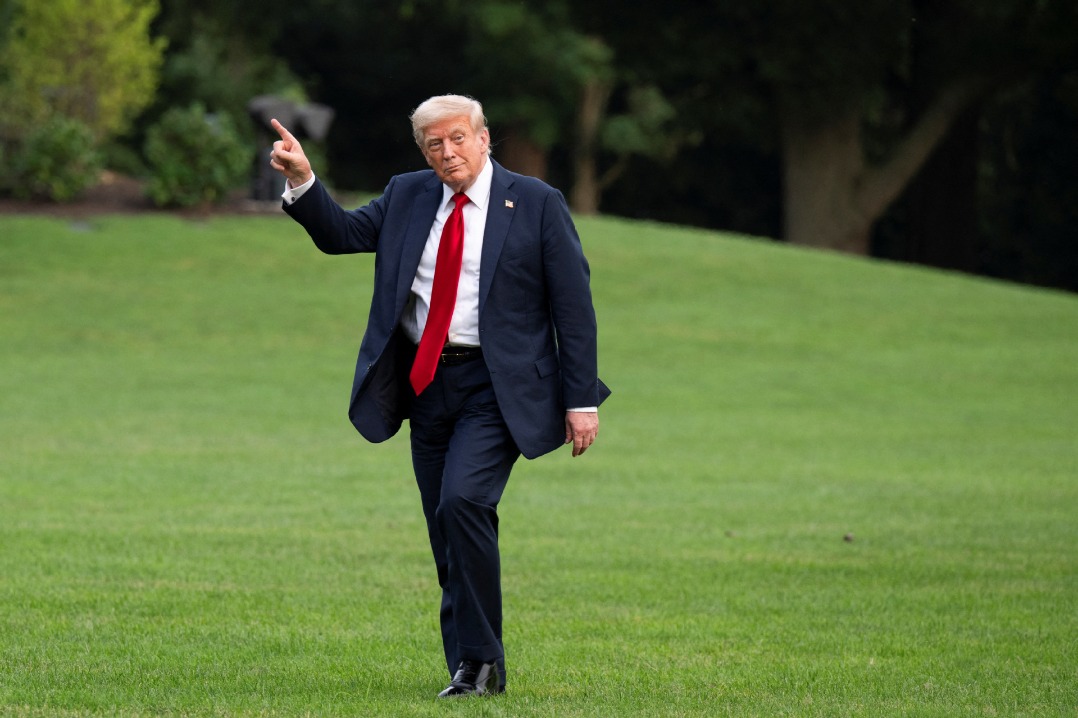Pfizer vaccine now can stay longer in regular refrigerators


Pfizer's COVID-19 vaccine can now be stored at standard refrigerator temperatures for up to one month, the US Food and Drug Administration has announced.
Previously, once the vaccine had been thawed, it could be stored in a normal refrigerator for five days. The change should make the vaccine more widely available to individuals in the US, the FDA said. It is especially helpful for global and remote US facilities that have poor transportation and storage infrastructure.
"Making COVID-19 vaccines widely available is key to getting people vaccinated and bringing the pandemic to an end," Peter Marks, director of the FDA's Center for Biologics Evaluation and Research, said Wednesday.
In February, the vaccine was approved to be stored and transported at standard freezer temperatures for up to two weeks instead of ultra-cold conditions. The vaccine was authorized for emergency use in the US last December with a label requiring it be stored at temperatures between -80 C and -60 C (-112 F to -76 F), meaning it had to be shipped in specially designed containers.
Deaths in the US from the COVID-19 pandemic have raised the nation's overall death rate to the highest level in nearly two decades, The Wall Street Journal reported Thursday.
The US' age-adjusted mortality rate rose by about 16 percent in 2020 from the year before, according to provisional data from the Centers for Disease Control and Prevention (CDC), marking the highest point since 2000, the Journal reported. That also broke a 90-year streak in which the yearly death rate was always lower than it was 10 years earlier.
"I imagine there will be lingering effects after 2021 just because this has taken such a toll on people's health, both directly and indirectly," Noreen Goldman, professor of demography and public affairs at the Princeton School of Public and International Affairs, told the newspaper.
A study published in the New England Journal of Medicine on Wednesday found that vaccinations sharply cut the spread of the virus in US nursing homes.
The study looked at 280 nursing homes in 21 states across the US. About 16,000 had received either the Moderna or Pfizer vaccine, with 70 percent receiving both doses, and roughly 4,000 were unvaccinated.
Researchers found that about 1 percent of residents tested positive for the virus within two weeks of receiving their second dose, and 0.3 percent did more than two weeks after being fully vaccinated. Most of the cases did not produce any symptoms.
Among those who didn't get vaccinated, the rate of infection dropped from 4.3 percent to 0.3 percent. Most of the cases didn't produce any symptoms. A majority of the infections were also asymptomatic.
"Robust vaccine coverage among residents and staff, together with the continued use of face masks and other infection-control measures, is likely to afford protection for a small number of unvaccinated residents," the researchers wrote.
Nursing homes have been one of the hardest-hit categories during the pandemic. More than 132,000 residents have died of COVID-19, about one-third of the entire US death toll.
National Nurses United (NNU), the nation's largest union of registered nurses with more than 170,000 members, on Wednesday, criticized the CDC's decision on May 13 to lift mask recommendations for fully vaccinated people and urged the agency to bring them back.
"We're calling on the CDC to revise this dangerous guideline and return to using the multiple measures of infection control that work," said Jean Ross, president of NNU.
NNU leaders cited concerns about variants, unvaccinated children, and the burden of having to differentiate who is vaccinated and who isn't.
Meanwhile, Iowa's Republican Governor Kim Reynolds on Thursday signed into a law a measure that prohibits cities, counties and local school districts from requiring the wearing of face masks.
"The state of Iowa is putting parents back in control of their child's education and taking greater steps to protect the rights of all Iowans to make their own healthcare decisions," Reynolds said in a statement.
Republican Governor Greg Abbott of Texas issued an executive order on Tuesday that also prohibits state entities from requiring masks.
Florida Governor Ron DeSantis, also a Republican, issued an executive order last month prohibiting businesses from requiring vaccine documentation.
Oregon has lifted its mask mandate for people who have been fully vaccinated against the coronavirus, but the state is asking businesses to verify the vaccination status of individuals before they enter buildings maskless.
Not many states are requiring confirmation that individuals have been vaccinated, after federal guidance issued on May 13 said that fully vaccinated people could choose to go maskless in most cases. The checking for proof of vaccination has raised concerns among Oregon business groups that the procedure of verifying could be cumbersome and potentially put workers in dangerous situations.

































